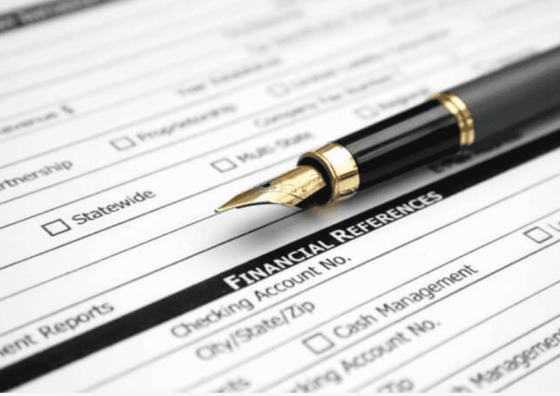What is face value exactly? And more importantly, what implications does it have for investors?
In this blog post, we will explore the definition of face value. We will also provide some examples to help illustrate this concept.
Stay tuned!
What Is Face Value: Brief Definition
The term “face value” refers to the nominal, i.e. dollar value of a tradable financial asset such as a bond or stock.
For stocks, face value is often referred to as par value. The face value of a bond is the amount that will be paid to the holder at maturity, which is usually its original price. So basically, there’s no difference in par value vs face value terms.
The term “face value” can also be used in other situations, such as when referring to the maturity value of a life insurance policy. In this case, the face value would be the amount that would be paid out upon the death of the insured.
Face value is not always indicative of an asset’s true worth. For example, bonds may be issued at a discount or premium to their face value. This means that the bond may be worth more or less than its face value, depending on market conditions.
Face Value and Bonds
What is a face value bond? A face value bond is a bond that pays the holder the amount specified on the bond at maturity.
For example, a business might issue $20 million in bonds. It can produce 20,000 bonds at a par value of $1,000 and pay them back at maturity. When bonds are sold on the open market, their worth can fluctuate.
Bonds can be traded above par (over the original price), at par (equal to the original price), and below par (under the original price).
How to calculate the face value of a bond? Use the following face value formula: divide the bond’s price by the number of bonds you have.
For example, if you have a $1,000 bond that you bought for $950, your face value would be $1,000. If you had two bonds, each with a face value of $500, your total face value would be $1,000.
Face Value and Stock Shares
What is the face value of a share? In the context of stocks and investments, the face value of a share is the original price of the stock at the time it was first issued.
To calculate the face value of a stock, first look at the par value. This is the value that’s printed on the stock certificate. If a company doesn’t have a par value, the face value is usually the same as the market value.
On that note, when it comes to stocks, the face value is usually much lower than the actual market value of the stock.
For example, let’s say a company has a par value of $0.50 per share, and you purchase one share for $100. This means that the stock’s market value is actually $200 (or two times the face value).
Face Value and Insurance
What is face value in insurance? In the context of insurance, the face value of a policy is the amount of money that the insurer will pay out in the event of a claim. The face value of an insurance policy is also known as the “death benefit.”
For example, if you have a life insurance policy with a face value of $100,000, this is the amount of money that your beneficiaries will receive in the event of your death.
Difference Between Market Value and Face Value
Now that we’ve somewhat explained what face value means, let’s see how it differs from a market value.
While the face value of a security is the amount that will be paid to the holder when it matures, the market value is the price that someone is willing to pay for the security at a given time.
For example, let’s say you buy a bond with a face value of $1,000 that pays interest semi-annually. When it matures, you will get your $1,000 back.
However, the market value of that bond may be more or less than $1,000 depending on a number of factors, such as interest rates.
Similarly, stocks also have a face value, which is the original price that was paid for the stock when it was first issued. However, the market value of a stock can fluctuate greatly and is usually much higher or lower than the face value.
Conclusion
So what would be a face value definition? In short, it is the stated value of a security at the time it is issued.
It is important to remember that face value and market value are not necessarily the same thing — market value will fluctuate over time based on a number of factors, while face value remains static.
FAQs
What is the face value of a product?
The face value of a product is the price that is printed on the product. For example, if a can of soup costs $0.75, the face value of the soup can would be $0.75. However, the face value does not always equal the product’s actual value.
What is the face value of a ticket?
The face value of a ticket is the price printed on the ticket. For example, a movie ticket might have a face value of $12.00. This is the amount you would expect to pay for the ticket if you were buying it from the box office on the day of the movie.
Yet, you might be able to find that same ticket for less if you buy it online in advance or if you use a discount ticket service. The face value is the starting point for the price of a ticket, but it’s not always the final price.
What’s face value meaning?
Face value is simply the value of something that is printed on its surface. For example, the face value of a $10 bill is $10. However, when it comes to stocks and bonds, face value takes on a slightly different meaning.
What is face value in the world of stocks and bonds? For stocks, this is the price per share paid when the stock was first issued. For bonds, it’s the amount that will be paid to the holder when it matures.






